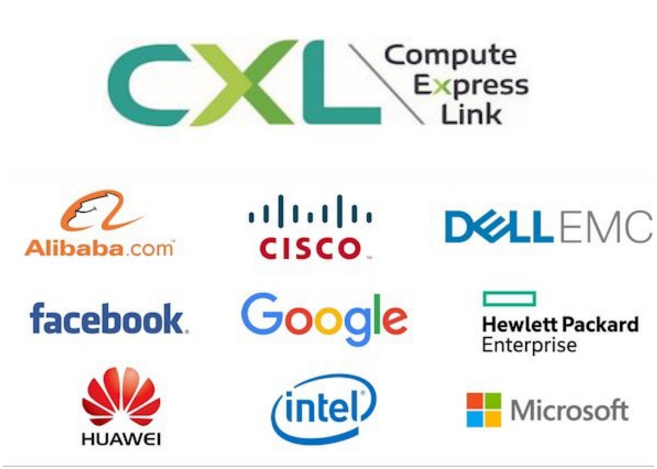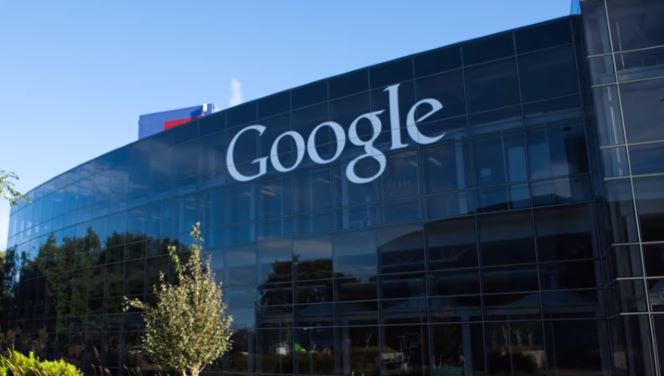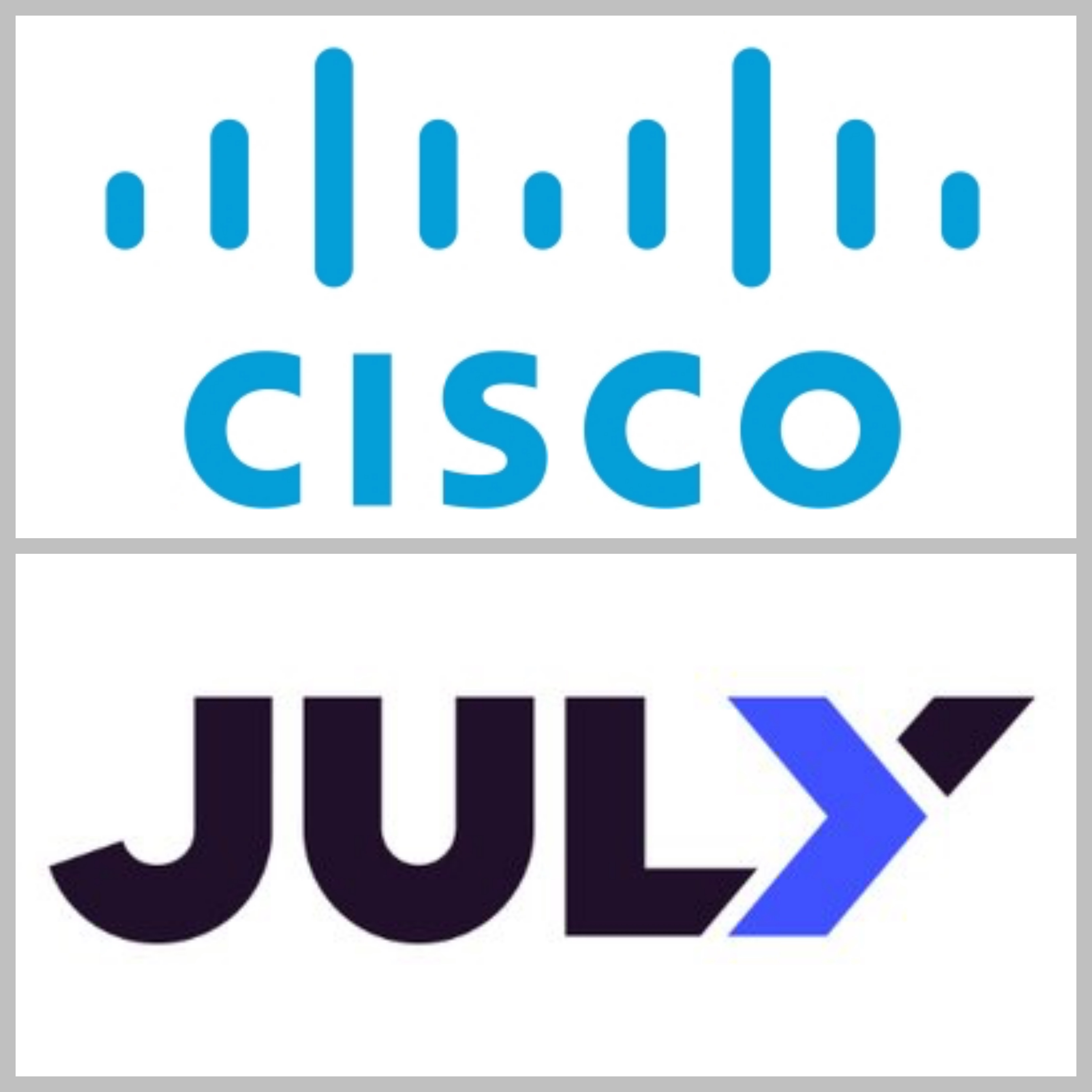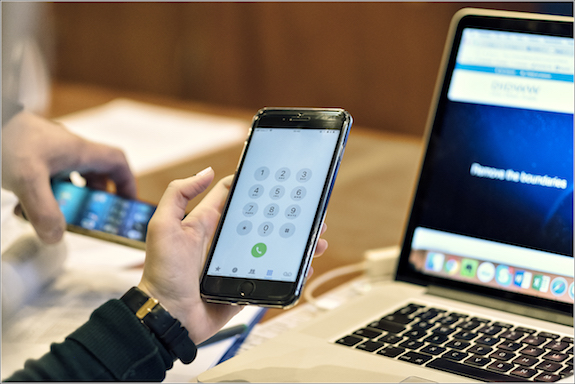Most progressive and forward-thinking companies employ advanced technologies when trying to find new ways to strengthen commercial relationships and reinforce their business processes to promote growth. In today’s global digital world, telephony has become much more than just communications – it promotes innovation, efficiency, flexibility and integration. While more and more companies are seeking to adopt modern, cost-effective communication technology such as VoIP (Voice over Internet protocol), the task of communicating with customers and taking care of their needs is often accomplished using advanced and high-tech CRM (customer relationship management) solutions. VoIP-CRM integrations allow cloud VoIP providers to connect their customer’s CRM accounts with the implemented business phone systems, and exchange data between the two platforms. Let’s analyze the benefits of CRM and phone system integration, and the smart communication models for business that offer the combination of VoIP and CRM. The concept of VoIP-CRM integration In general, CRM…
A consortium of nine technology companies – Intel, Cisco, Dell EMC, Microsoft, Hewlett Packard Enterprise, Facebook, Google, Alibaba and Huawei – has been formed in order to create and launch a new standard, called Compute Express Link (CXL). This project will accelerate ever-expanding data workloads, such as high-performance computing, artificial intelligence (AI), internet of things (IoT), rich media services, and cloud applications. Jim Pappas, director of technology initiatives at Intel, said in a statement: “CXL is an important milestone for data-centric computing and will be a foundational standard for an open, dynamic accelerator ecosystem. Like USB and PCI Express, which Intel also cofounded, we can look forward to a new wave of industry innovation and customer value delivered through the CXL standard.” The new cluster of tech giants, described as “the biggest group of influencers driving a modern interconnect standard”, also affirmed the CXL Specification 1.0, which enables…
VoIP has become an integral part of the day-to-day lives of many people throughout the world, offering a plethora of technological advancements and options, simplifying many communication processes and making interactions more convenient and consumer friendly. VoIP is one of the most talked-about technologies, and its prevalence is anticipated to grow in the upcoming years. Over the last twenty years, VoIP has provided businesses around the world with the convenience of increased mobility, due to constant development and emerging cutting-edge technologies. The usage of VoIP as a service has grown rapidly – between 1998 and 2002, VoIP carried only 1-3% of all voice calls worldwide, but in 2005, VoIP was responsible for more than 200 billion call minutes. With 2019 already underway, let’s have a look at what the future holds for the VoIP communications industry. In particular, we examine the insights and predictions regarding the trends and technologies that will…
In compliance with Europe’s General Data Protection Regulation (GDPR) which came into force earlier this year, Google is updating its Terms of Service and Privacy Policy. The company has started to notify European Economic Area (EEA) and Swiss users about the changes coming into effect on January 22, 2019. Google Ireland Limited, based in Dublin, will become the center responsible for consumer services, such as Search, Gmail, and Maps. The alterations to Google’s general Terms of Service are due to the replacement of the current service provider, Google LLC, based in the US. Similar changes are also being made in separate terms for Drive, Play, YouTube, and YouTube Paid Service. Furthermore, the Irish subsidiary will take over the responsibility for data control, and assume the legal liability for the information of EEA and Swiss users. “Google Ireland Limited becomes responsible for responding to requests for its user data, including from EU law…
Nowadays, there is a strong movement towards online marketing. However, the phone number will always remain an essential business identifier, and is often the first real contact that a customer has with a business. A vanity number has been proven to be an effective technique for making the right impression with your customers and adding visibility to your company, forming an integral part of a successful company branding strategy. What is a vanity number? A vanity (also called ‘golden’ or ‘special’) number spells out a specific word or a phrase when using a phone dial pad, or consists of a distinct sequence of digits, such as repeated digits or special number combinations. These are easy to remember phone numbers, such as 1-800-LAWYERS, 1-212-NYPIZZA, or 1-888-2477777. If you are in the process of considering a vanity number for your business, voip.review is here to help you make up your mind by…
Cisco Vice President Rob Salvagano recently announced plans for Cisco to acquire the cloud-base mobile platform provider, July Systems. July Systems specializes in location services for global enterprises. They collect and generate data-based insights by tracking customer movements within locations such as stores, malls, airports, stadiums and hotels, similar to the methodology used for compiling online browsing information. Headquartered in California, US and with a Global Development Center in Bangalore, India, July Systems has already collaborated with Cisco for several years on their Connected Mobile Experience (CMX). “We plan to add July Systems’ platform and business context capabilities to provide a unified solution on which our partners and customers can build and deliver a range of indoor location services for industries as diverse as healthcare, government, logistics, manufacturing, sports arenas, hotels, education and retail,” explains Salvagano. July Systems was founded in 2001 by Rajesh T.S. Reddy with funding of USD…
The investment required to upgrade a network to support standalone 5G technology is important. JP Morgan think this is the reason why Telecom companies stocks did not do so well last year. There is a serious concern that the investment might not be as effective as expected. The lack of return put an important shade on some valuation for some asian (China, Japan and South Korea) and Australian telecommunications stocks. Those worries could be explained as the daily applications and advantages of 5G technology are yet to be seen and to be invented. James Sullivan,head of Asia ex-Japan equity research at J.P. Morgan explained “It’s not really about faster download speeds,” he said. “It’s about internet of things, autonomous vehicles and things of that nature for which no one understands a monetization case for networks yet.” 5G will not only be customer centered but also will help companies in processing…
No doubt, “blockchain” is the hottest buzz word being discussed across all industries, and telecommunications is no exception. The blockchain is being proposed for use in various applications in the telecommunications industry, such as securing CDRs, billing data and access logs, ensuring data authenticity or ensuring strict operational procedures. Blockchain will certainly optimize costs by eliminating third-parties such as clearing houses, automating audits and improving fraud detection. However, there is one area where the use of blockchain technology has the potential to not only benefit the operators, but will have a revolutionary impact on the way we all understand, use and protect our identities. The Phone Number as your Digital ID Our phone number is our most valuable digital identity, and will remain the only unique international method of identification well into the future. The PSTN, which is wholly based on the use of phone numbers, is the largest social…
That’s what researchers at CCS Insight believe. According to their report, China and the United States will lead the way in deploying the next generation of mobile technology. Commercial deployments of 5G in the U.S. are expected as soon as the end of 2018. CCS Insight’s forecast of an initial U.S. lead corroborates with a report from the GSMA at the end of March 2018, but the firms appear to disagree on the rest of their rankings for the period prior to 2025. In the GSMA’s report, by 2025, China falls to fourth place with 25 percent of mobile connections being 5G. The United States takes the lead with 49 percent, followed by Japan (45 percent) and Europe (31 percent). IN 2025, MOBILE BROADBAND IS STILL PREDICTED TO REPRESENT 98% OF ALL 5G CONNECTIONS “The industry might be struggling to establish the business models for investment in 5G, but this isn’t stopping leading…
Voice over Internet Protocol (VoIP) has been revolutionizing global communications for a while and nowadays it is considered the coolest and smartest way to talk on the phone. As a result, there has been an explosion of VoIP apps, programs and hardware that offer you amazing features. So whether you are a business owner, an online video gamer, or just an ordinary user, you know that VoIP provides you with an easy, low-cost way to communicate with people around the world. But it’s hard to choose the right application for you with so many options available. So to make your life easier, here are the 10 most popular VoIP apps available: Skype Skype was the first VoIP app for end-user, and is still, by far, one of the most popular VoIP apps available, with more than 300 million subscribers. Skype to Skype audio and video calls, group calls, instant messaging…













